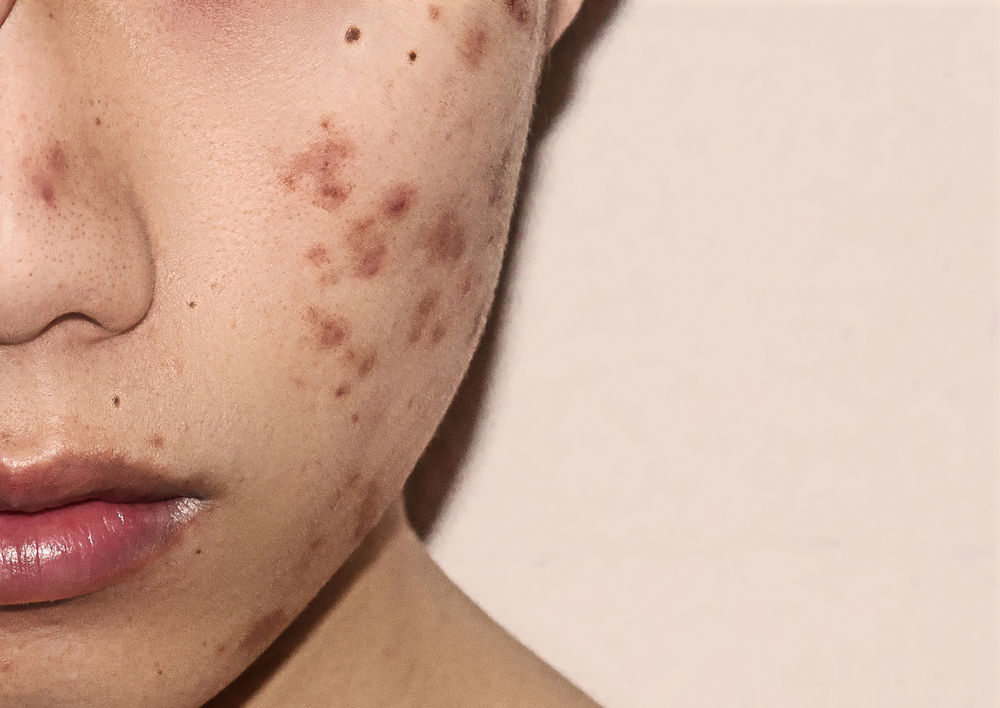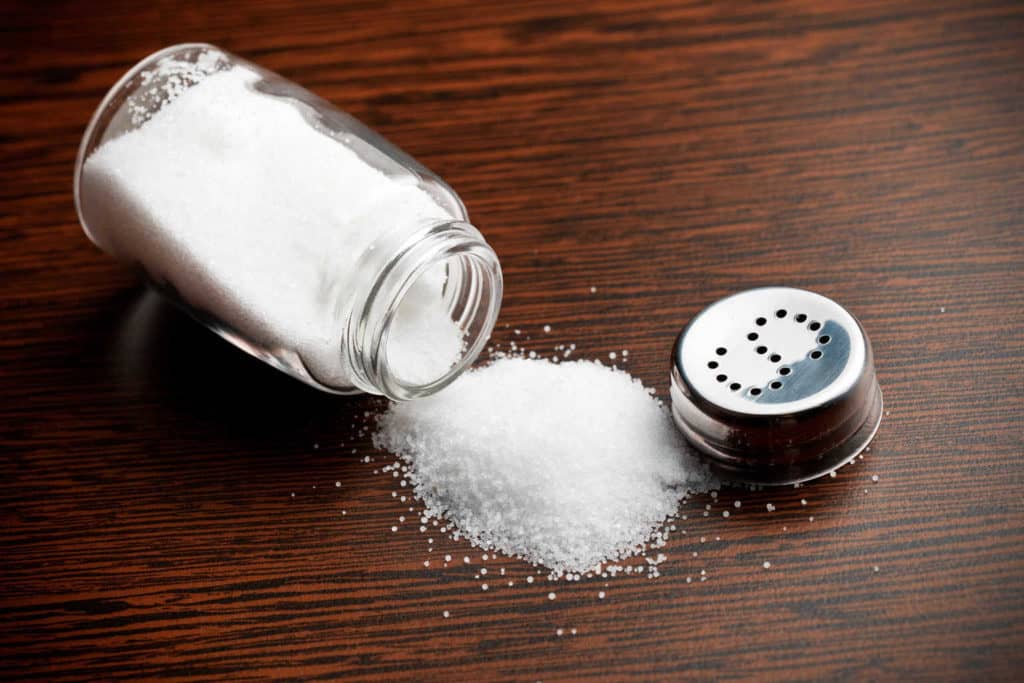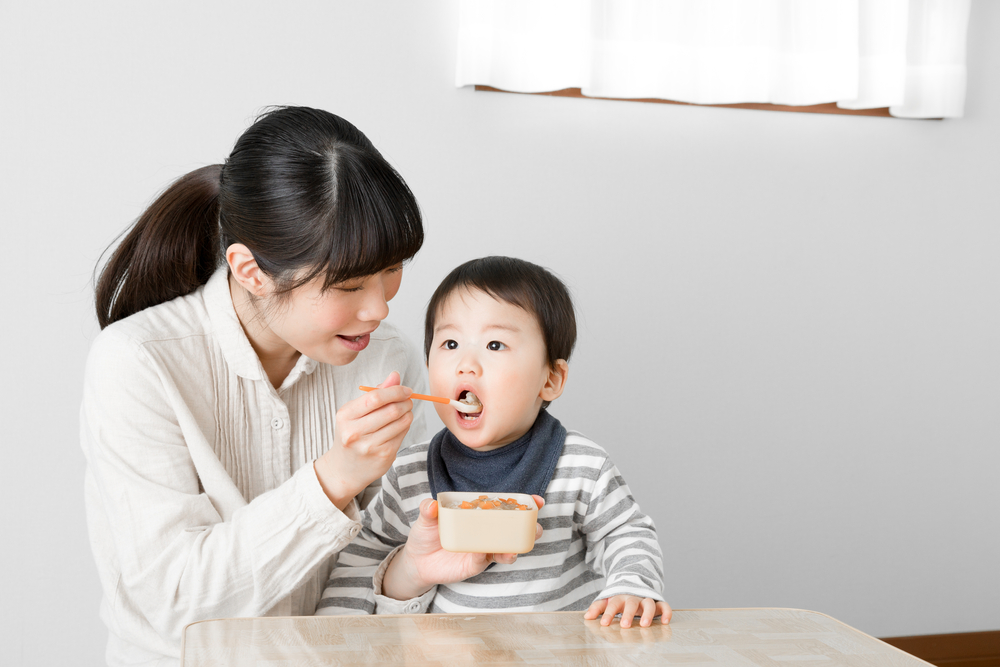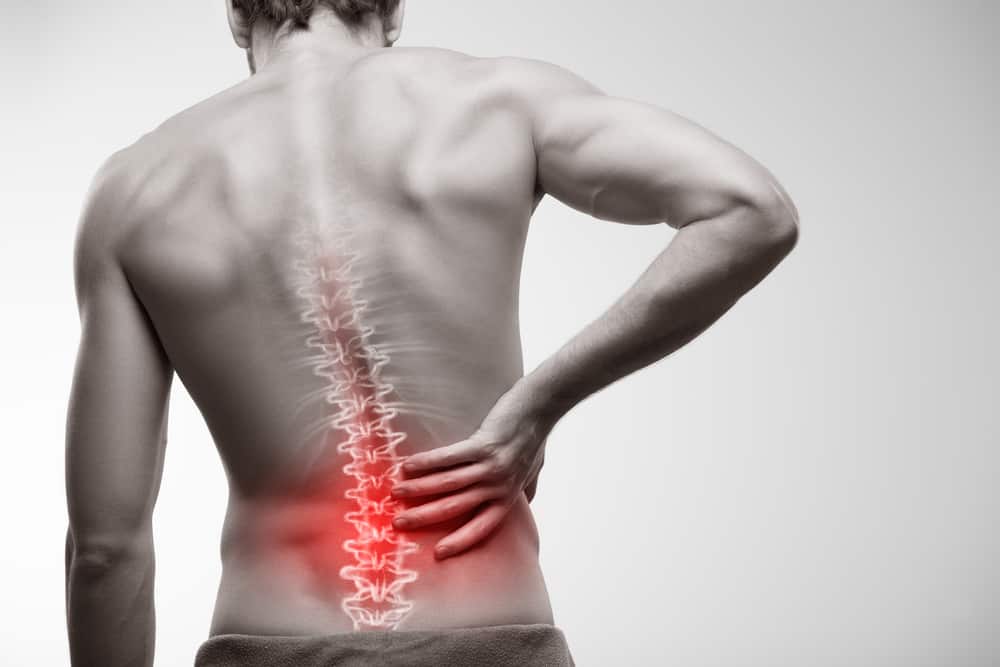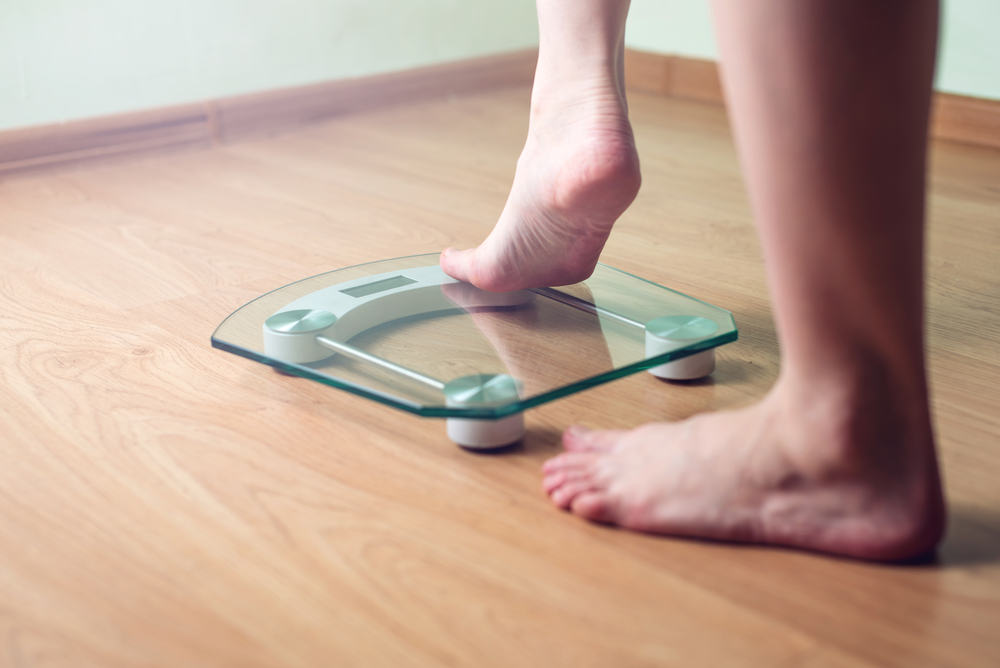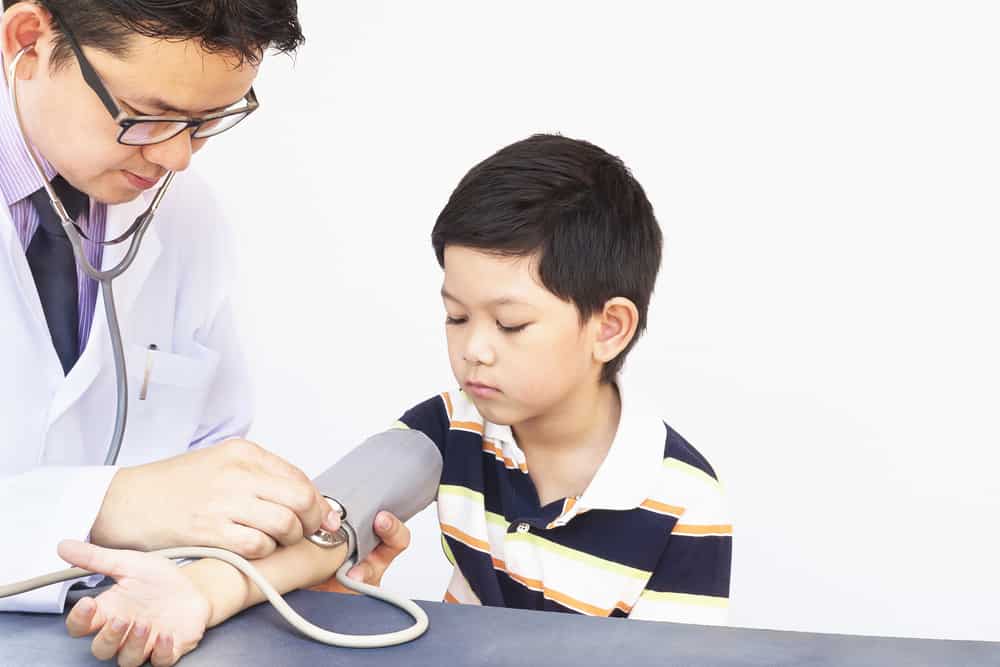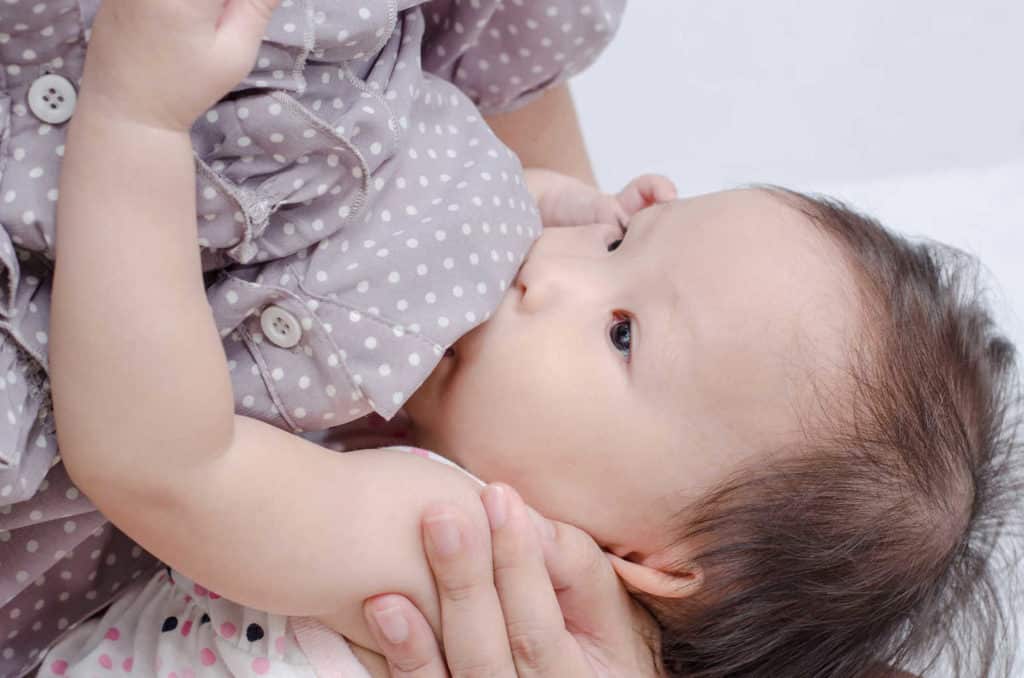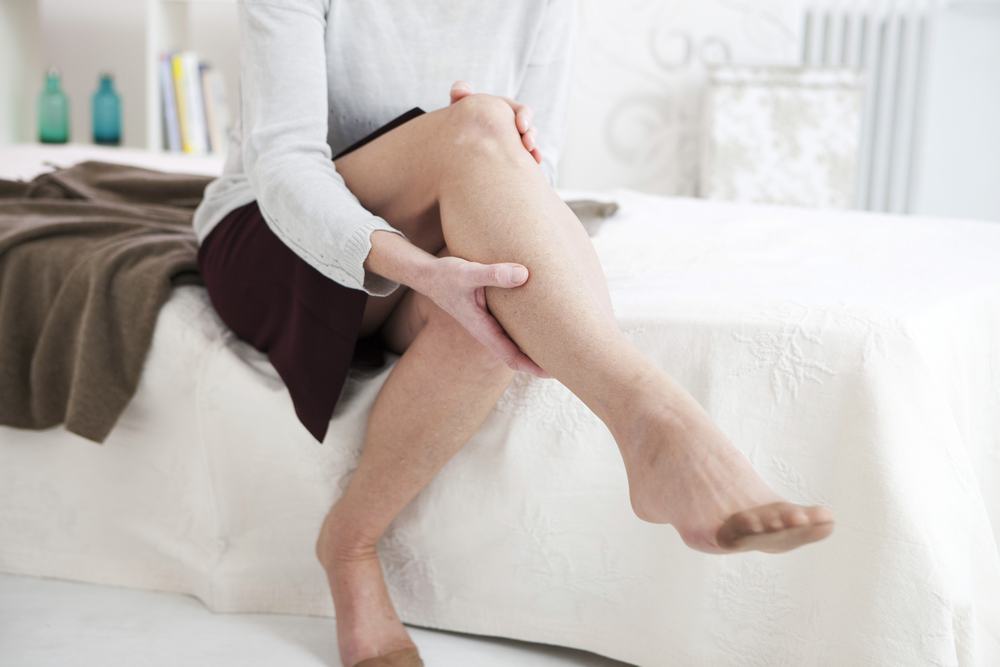Contents:
- Medical Video: Child Development: Your Baby at 2 Months
- Development of infants aged 26 weeks
- How should the baby develop 26 weeks?
- Health for babies aged 26 weeks
- What do I need to discuss with the doctor?
- What should I know?
- Which must be considered
Medical Video: Child Development: Your Baby at 2 Months
Development of infants aged 26 weeks
How should the baby develop 26 weeks?
At the age of 26 weeks of development, there are many things your baby can do. In the second week of the 7th month, your baby may be able to do the following:
- Sit without support
- Find the sound source
- Joking (creating funny sounds by spitting out saliva)
What should I do with my baby?
At the age of 26 weeks of development, your baby may prefer to use one hand to play before changing to the other.
However, you cannot know whether he is left-handed or not until 2-3 years old. If you see your child tends to like to take or play something using the left ladder, it's good not to panic.
Also avoid forcing the child to use his right hand even though he is more comfortable using his left hand. Because, this can lead to confusion, resulting in problems with hand-eye coordination, agility, and the ability to write later.
If you want to teach children sign language, this is the right time. Giving a baby a tool to express themselves can help reduce baby discomfort. For starters, try using hand signals when you use the general word "book" (open your palms with both hands grasping) or "hungry" (hands above the abdomen).
Babies will imitate roles, especially because they like sound and language. Sometimes, play with babies by imitating the sounds they make.
Health for babies aged 26 weeks
What do I need to discuss with the doctor?
At this stage of development of a 26-week-old baby, doctors will generally carry out physical tests as a whole, using different diagnostic techniques and implementation procedures. The doctor or nurse will check all or some of the following:
- Physical examination, including re-examination of previous problems. Now and for the next day, the doctor will examine the baby's mouth to examine the teeth that are being or will grow
- Evaluation of growth. The physicist may rely on your observations and notes about what the baby is doing, or take part in the assessment, such as controlling the head while sitting; vision; hearing; access and grab objects, scratch small objects, roll over and hold the weight on the feet; interact and try to hear his voice.
What should I know?
There are a number of things that you know there are stages of development for 26 weeks:
1. Vitamins and food supplements
Vitamin D supplements can be given to babies who consume food, milk, or milk from less than 960 ml per day. Although the body can generally produce vitamin D when the skin is exposed to sunlight, you must protect your baby from sun exposure because the baby's skin is very thin and sensitive. Sun exposure per minute increases the risk of skin cancer and wrinkles later. The good thing is, 27-week-old babies get sunlight at 7 or 8 in the morning.
Vitamin supplements may be important if your baby is born prematurely, underweight or small in pregnancy, babies who drink only a little breast milk or formula milk, and babies who have health problems.
Consult your doctor for instructions on using the right dose of vitamin. Never give baby vitamins and food supplements for adults, even if you reduce the dose.
You also have to only use vitamins according to the dosage in the prescription just like other drugs. Vitamin overdose or medication may affect the absorption of the baby's body nutrition or even fatal consequences.
2. Changes in defecation
For babies who are exclusively breastfed, changes in baby poop from soft and thick to black, thick, and smelly can make panic. But don't worry, this is normal. Even though breastfeeding baby feces are still softer than babies who drink bottled milk until the weaning period, you need to know that baby stools and eating patterns will eventually become more like adults.
3. Prevent dental diseases
To prevent dental disease in 25-week-old babies, here are some things you must do:
- Never give a sweet drink to a baby, even before the baby grows teeth. Because, this will make him accustomed to sweetness. Give a drink similar to sugary drinks such as blueberry juice, mixed fruit juice, ordinary fruit juice, and dilute fruit juice mixed with water. If possible, give the baby juice in a glass.
- When a baby grows teeth, don't let the baby sleep at night or during the day after drinking formula milk, breast milk, or juice. If the baby drinks during bedtime, give a bottle of water, which will not harm the baby's teeth.
- Don't let the baby crawl or lie down, suck the bottle and pacifier uncontrollably. Sucking all day can damage teeth. Sucking a bottle or pacifier should be considered as part of a snack and make sure the baby only sucks at certain times (in your hands, in the car, at four babies, for example) and at the right time. The same rules apply when babies use glasses.
- Don't let the baby suck your nipples all night long. Breast milk can cause toothache if you continue to drink it at night.
- Stop using bottles when the baby is 12 months old.
Which must be considered
What do you need to watch out for when your baby is 26 weeks old?
At the age of 26 weeks of development, parents should pay attention to the following:
Try these tips to help babies get used to milk bottles:
- Give when the baby feels not too hungry or full
- Try giving a bottle of juice
- Try offering a milk bottle before eating
- Let the baby play before eating
- give milk bottles when the baby is in a comfortable position, for example when sitting
What is the growth of a baby like in the 27th week?



